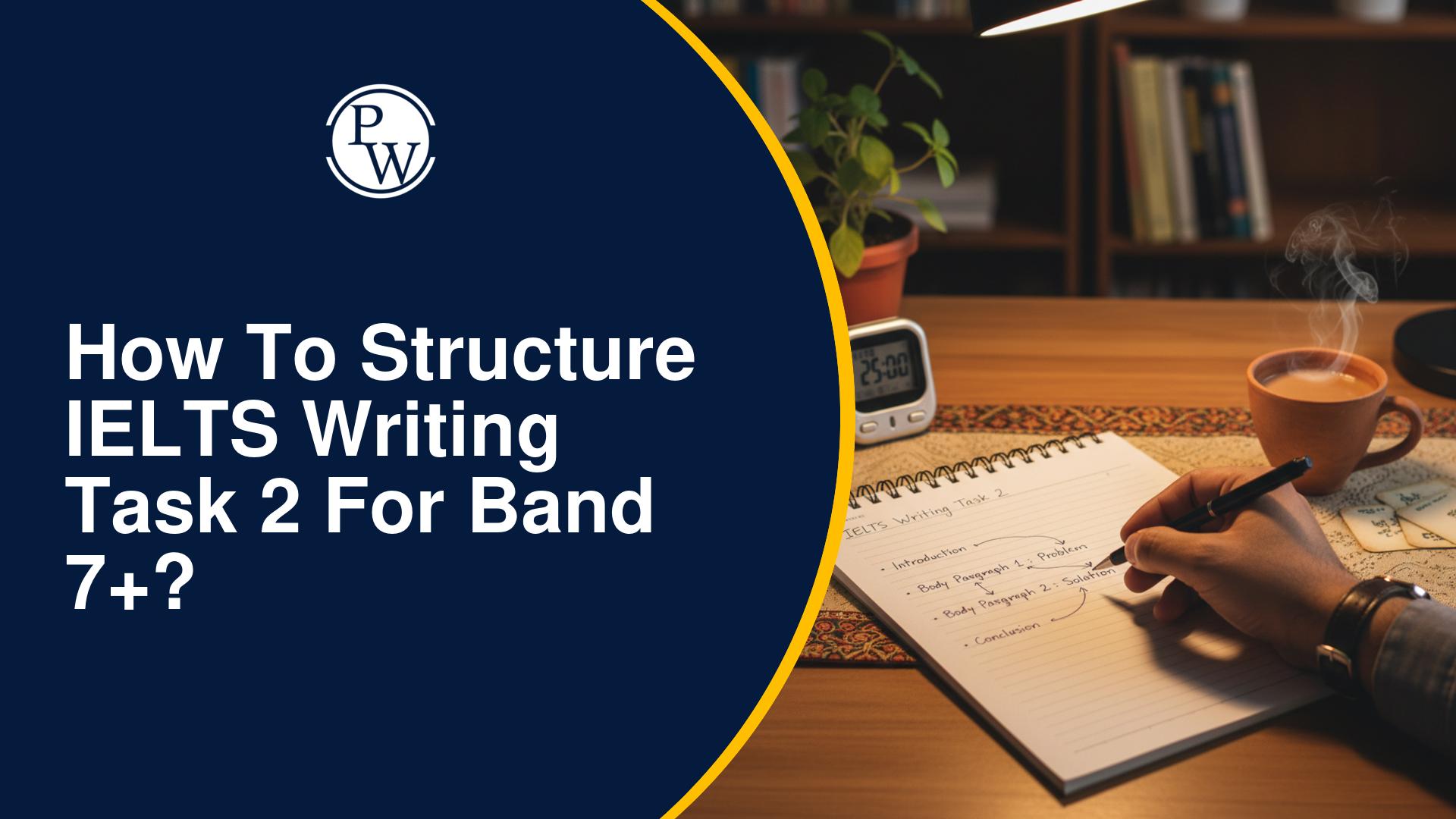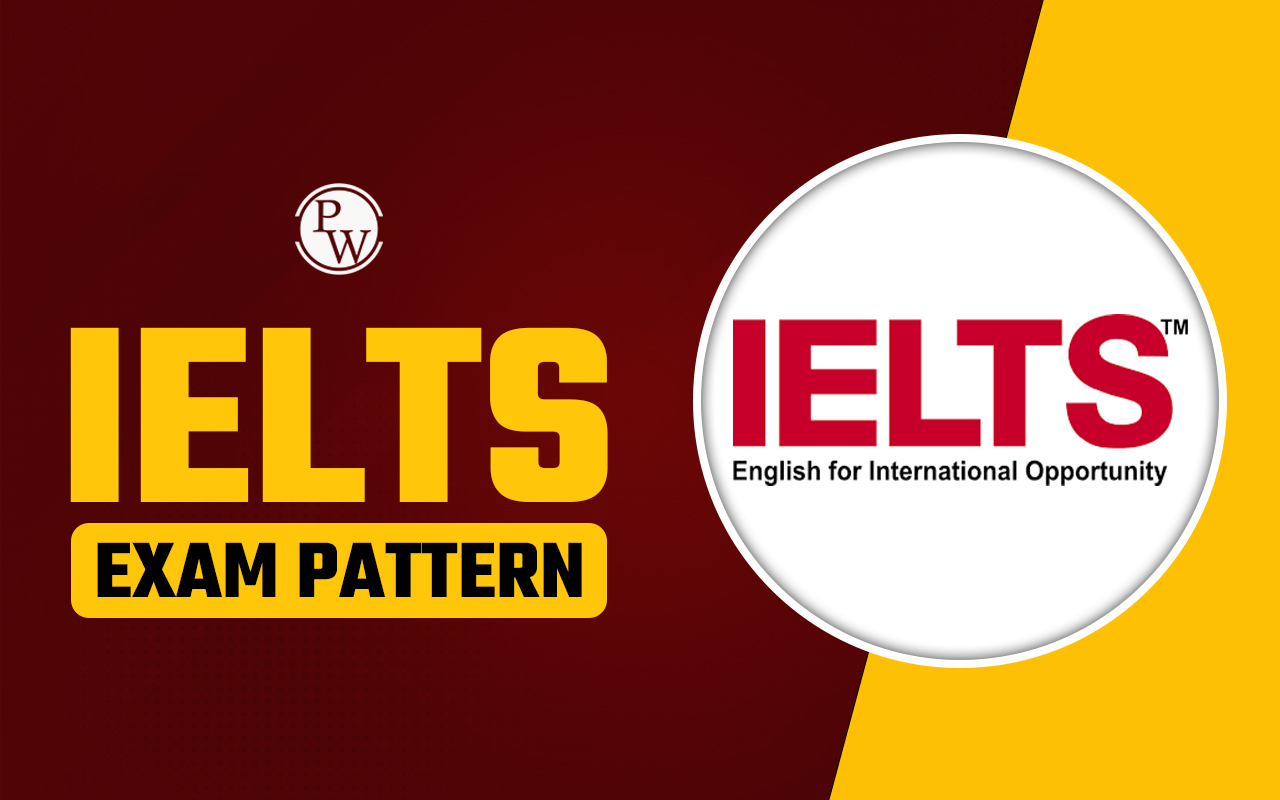
What is Exploration Reading Answer passage examines the innate human desire to discover the unknown. Beginning from the ancient survival expedition to that of the modern scientific research. This IELTS reading passage explores how exploitation has evolved over the years. This evolution has highlighted its role in expanding human knowledge and understanding.
It is through these real-life examples, historical context, and perspective from renowned explorers. The text shows that exploration is not limited to geographical adventures but also includes artistic, intellectual, and scientific pursuits. For IELTS candidates, studying the What is Exploration Reading Answer passage offers valuable practice in identifying key ideas, interpreting viewpoints, and answering various IELTS Reading question types effectively.
What is Exploration IELTS Reading Passage
Given below is the What is Exploration Reading answer passage. Through this passage, one can know about the human curiosity that has driven us throughout history. It summarizes the historical, cultural, and scientific aspects of exploration, providing context for the definition of exploration in history reading answer and its evolution over time. Refer to the passage provided below to give a thorough read to build understanding.
What is Exploration Reading Passage
We are all exploring. Our wish to learn and share newly discovered learning is part of making us human, which plays a vital role in our success as a race. Long before the first caveman fell down near the fire and murmured the news that there were plenty of savages there, they learned the value of sending scouts to investigate what our ancestors did not know. This search nature of ours definitely helped to spread our species around the world, as well as helping to maintain their presence in the now desert forests of Benon Borneo, and an observer negotiated the tunnels of New York.
For years, we think of explorers as a strange race that is different from us, even those who have 'traveled well' differently from us. And there may be a type of person who is more apt to look for something new, a type of caveman who is more willing to go out. Yet, even today, it does not detract from the fact that we all have this inquisitive instinct; Boundaries unknown to artists, marine biologists, or astronomers are being tested every day in all sorts of industries.
Thomas Hardy set some of his stories in Egdon Heath, an imaginary part of the uncultivated ground, and used the landscape to recommend the characters' wishes and worries. He explores things that we all recognize because they are familiar to mankind. It is certainly an act of exploration, and in the distant world chosen by the writer.
Peter Fleming, an explorer and travel writer, talks with his loved ones about the moment when the researcher returns to the presence he left behind. A traveler who has only seen himself as a small and irrelevant alien for weeks or months, a traveler who crawls hard in a country where he has no sources and no background, unexpectedly finds another person, a somewhat solid figure, a place in his mind of specific persons.
In this book about exploring the Earth’s surface, I restrict myself to real and more purposeful journeys than personal discovery. But that still left me with another issue: the word ‘explorer’ is associated with the past. As the study somehow peaked in the 19th century and the discovery process is now declining, the truth is that we have only named one and a half million species of this planet. There may be more than 10 million and it has no bacteria. We have explored only 5 percent of the species we know of. We have seldom drawn sea bases, and know little more about ourselves; We completely comprehend that only 10 percent of our brain is functioning.
Here's how some of today's ‘explorers’ define this term as the ‘greatest living explorer’. Ran Fiennes said, ‘An explorer is the one who has done something that no human has ever done before and done something scientifically beneficial’. Chris Bonnington, a leading mountaineer, felt that the study of the physical touch of the unknown 'you must have moved someplace unexplored’. Robin Hanbury-Denison, a campaigner for distant peoples known as the 'Tribes', said, "A traveler records data about some distant world, and an analyst alters the globe."
Wilfried Thesiger, of the era of non-mechanized travel across the empty quarter of Arabia in 1946, told me, 'If I had ridden a camel while I was in the car, it would have been a stunt.' According to him, exploration is the retrieval of information from a distant place regardless of any major self-discovery.
Each intention is a little different and reflects the field of effort of each pioneer. Whoever I ask, the leading historian will say that exploration is a thing of the past, and the sophisticated scientist will say that it is the present. And many more. They individually set specific standards for themselves. A common factor in their approach is that, unlike many of us who just delight in traveling or discovering new things, they have a very definite goal from the beginning and a wish to record their discoveries.
I would better declare my own dependence. As a writer, I am interested in exploring ideas. I have made many trips, each unique. I lived alone for months with two 'unrelated tribes', isolated people from around the globe. But, through my books, none of these things will be of any interest to anyone unless I discover a new inclination and explore a new concept. Why? Because the world has advanced. Another walk to the poles, the time for another amazing continental travel across the empty quarter is long overdue. We understand what the terrain of our planet looks like. Its study is now below the details of the microbial habits, say, or buffalo grazing behavior. Aside from the deep ocean and deep underground, this is the period of experts. However, it ignores the part of the human mind in conveying distant places, and this is what I am interested in: a new understanding that will give its readers new understandings, even in a well-traveled way.
Sample Questions on IELTS What is Exploration Reading Answer
Here, candidates will find practice questions modeled on the IELTS Reading Test. These include multiple choice, matching, and sentence completion tasks based on the What is Exploration Reading Answer passage to help improve comprehension and test-taking skills. Practice these questions based on IELTS What is Exploration Reading Answer.
1. What is Exploration Multiple Choice Questions (MCQs)
Choose the correct letter, A, B, C, or D.
According to the passage, what was one of the earliest purposes of exploration?
A) To establish trade networks
B) To share stories and knowledge of new places
C) To conquer other tribes
D) To find better tools for hunting
How does the author describe modern exploration?
A) Focused mostly on geographical discoveries
B) Mainly about personal adventure and thrill
C) Often specialised in scientific research and detail
D) Primarily about tourism and recreation
Which explorer defined exploration as doing something scientifically beneficial that no human had done before?
A) Chris Bonnington
B) Robin Hanbury-Denison
C) Ran Fiennes
D) Wilfried Thesiger
2. What is Exploration Matching Information Questions
Match the explorer with their definition of exploration.
i. Ran Fiennes
ii. Chris Bonnington
iii. Robin Hanbury-Denison
iv. Wilfried Thesiger
A) Physically travelling to unexplored places
B) Doing something scientifically beneficial and never done before
C) Retrieving information from a distant place
D) Recording and sharing knowledge about distant lands
3. What is Exploration True / False / Not Given Questions
Write: TRUE if the statement agrees with the information in the passage.
FALSE if the statement contradicts the passage.
NOT GIVEN if there is no information about it.
-
The author believes that exploration is only about physical journeys.
-
We have already discovered more than 10 million species on Earth.
-
The author has lived with isolated tribes during their travels.
-
Most historians believe that exploration is still in its early stages.
4. What is Exploration Sentence Completion Questions
Complete the sentences below using NO MORE THAN TWO WORDS from the passage.
-
Early humans sent __________ to investigate unknown areas.
-
Thomas Hardy used the fictional landscape of __________ to reflect characters’ emotions.
-
According to the author, exploration today is largely the domain of __________.
-
Aside from deep oceans and underground areas, the modern world is a __________.
IELTS What is Exploration Reading Answers
This section presents the correct answers to the practice questions. It explains the reasoning behind each answer to help you understand the passage better and prepare for similar IELTS Reading question types confidently. Check the answer to know your progress in resolving the questions:
| IELTS What is Exploration Reading Answers | ||
| Question Type | Question | Answer |
| MCQs | Earliest purpose of exploration | B – To share stories and knowledge of new places |
| Author’s view on modern exploration | C – Often specialised in scientific research and detail | |
| Explorer defining exploration as scientifically beneficial and never done before | C – Ran Fiennes | |
| Matching Information | i. Ran Fiennes | B – Doing something scientifically beneficial and never done before |
| ii. Chris Bonnington | A – Physically travelling to unexplored places | |
| iii. Robin Hanbury-Denison | D – Recording and sharing knowledge about distant lands | |
| iv. Wilfried Thesiger | C – Retrieving information from a distant place | |
| True / False / Not Given | Exploration only about physical journeys | FALSE |
| Discovered more than 10 million species | FALSE | |
| Author has lived with isolated tribes | TRUE | |
| Most historians say exploration is still in early stages | FALSE | |
| Sentence Completion | Early humans sent… | scouts |
| Thomas Hardy used the fictional landscape of… | Egdon Heath | |
| Exploration today largely domain of… | experts | |
| Aside from deep oceans and underground areas, the modern world is a… | period of experts | |
Guidance to PW IELTS Prep
IELTS Online Courses is a great initiative Physics Wallah took to help IELTS aspirants better prepare for the exam. Follow our below pages to learn more about the IELTS exam.| What is IELTS Exam? | Documents Required for IELTS Registration |
| IELTS exam eligibility requirements | IELTS Exam Fees |
| IELTS test results | IELTS Exam Pattern |
IELTS What is Exploration Reading Answers FAQs
What is the main theme of the IELTS What is Exploration Reading Answer passage?
How can this passage help in IELTS preparation?
Who are some explorers mentioned in the passage?
What does the passage say about modern exploration?
What was one of the earliest purposes of exploration according to the passage?










